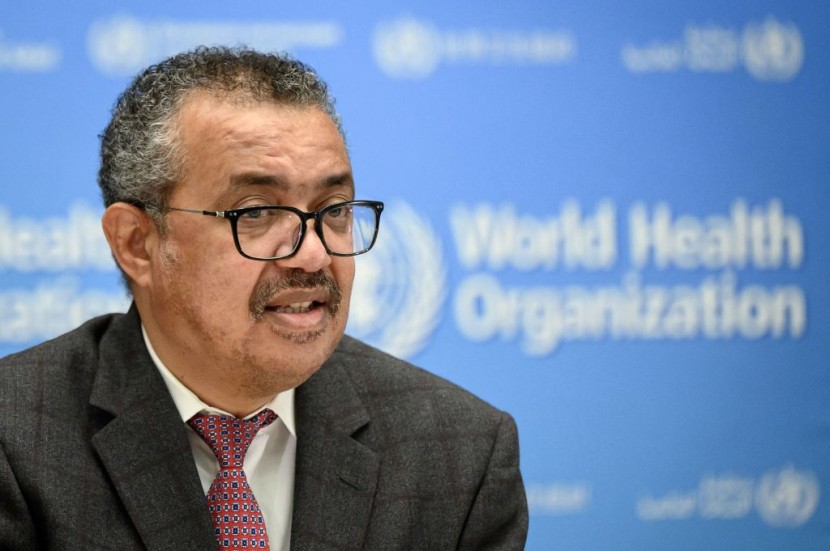
World Health Organization (WHO) officials announced their plans to hand out mRNA technology to six African countries in an attempt to boost coronavirus vaccine production on the continent amid the health crisis.
In a statement on Friday, WHO chief Dr. Tedros Adhanom Ghebreyesus said that the list of countries would include Egypt, Kenya, Nigeria, Senegal, South Africa, and Tunisia. The official said during a ceremony hosted by the European Council, France, South Africa, and the WHO, that the world has never relied on only a few companies before the COVID-19 pandemic.
Sharing mRNA Technology
Ghebreyesus said that it was best for the long-term if authorities are able to address health emergencies and reach universal health coverage by significantly increasing the capacity of all regions to manufacture the health products needed. He added that this should include equitable access as the primary endpoint.
The global mRNA technology transfer hub, which was established in 2021, was set up to ensure that low- and middle-income countries received all the operating procedures and know-how to produce their own coronavirus vaccines at scale and according to international standards, as per Aljazeera.
Currently, Africa only produces roughly 1% of coronavirus vaccines in the world, and based on WHO data, only 11% of the region's population was fully vaccinated against the virus. The number comes in comparison to about 50% as the global average.
Ghebreyesus added in the Brussels summit meeting that while there were more than 10 billion doses of the coronavirus vaccines that have been administered worldwide, billions of people are still left unvaccinated and unprotected from the infection. The health official said that the tragedy of the situation is that the life-saving tools are unable to reach billions of people around the world.
Read Also : Stealth Omicron BA.2 Stronger Than Other COVID-19 Variants, Can Cause More Serious Illness: Japan Study
According to ABC News, the WHO chief argued that the situation called for an urgent increase of local production of vaccines in poorer countries. The decision becomes the first time that the health organization has supported efforts to reverse-engineer a commercially-sold vaccine.
Extending Vaccine Reach
WHO's announcement also comes as BioNTech, which is manufacturing Pfizer's coronavirus vaccine, revealed plans to deliver factory facilities built out of shipping containers to several African countries. The decision was made to allow the Pfizer vaccine to be produced on the continent.
On top of increasing production of the coronavirus vaccine, the global mRNA hub has the potential to expand manufacturing capacity for other treatments, including insulin, cancer medicines, and potentially even vaccines for diseases such as malaria, tuberculosis, and HIV.
The WHO established the global mRNA technology transfer hub after what it called a "hoarding" of coronavirus vaccines by wealthy countries and issues with supply from India. The situation was a result of companies prioritizing sales to governments who were willing to pay the highest price. This meant that low- and middle-income countries, including South Africa, were pushed back in the queue to receive the life-saving vaccines.
While BioNTech shortened the supply chain to Africa, many criticized the pharmaceutical company for not sharing technological know-how. Ghebreyesus added that the benefits of the WHO's decision extend far beyond the coronavirus pandemic, The Guardian reported.
Related Article:
HIV Cure Found? Scientists Claim To Heal Female HIV Patient For the First Time
© 2026 HNGN, All rights reserved. Do not reproduce without permission.








